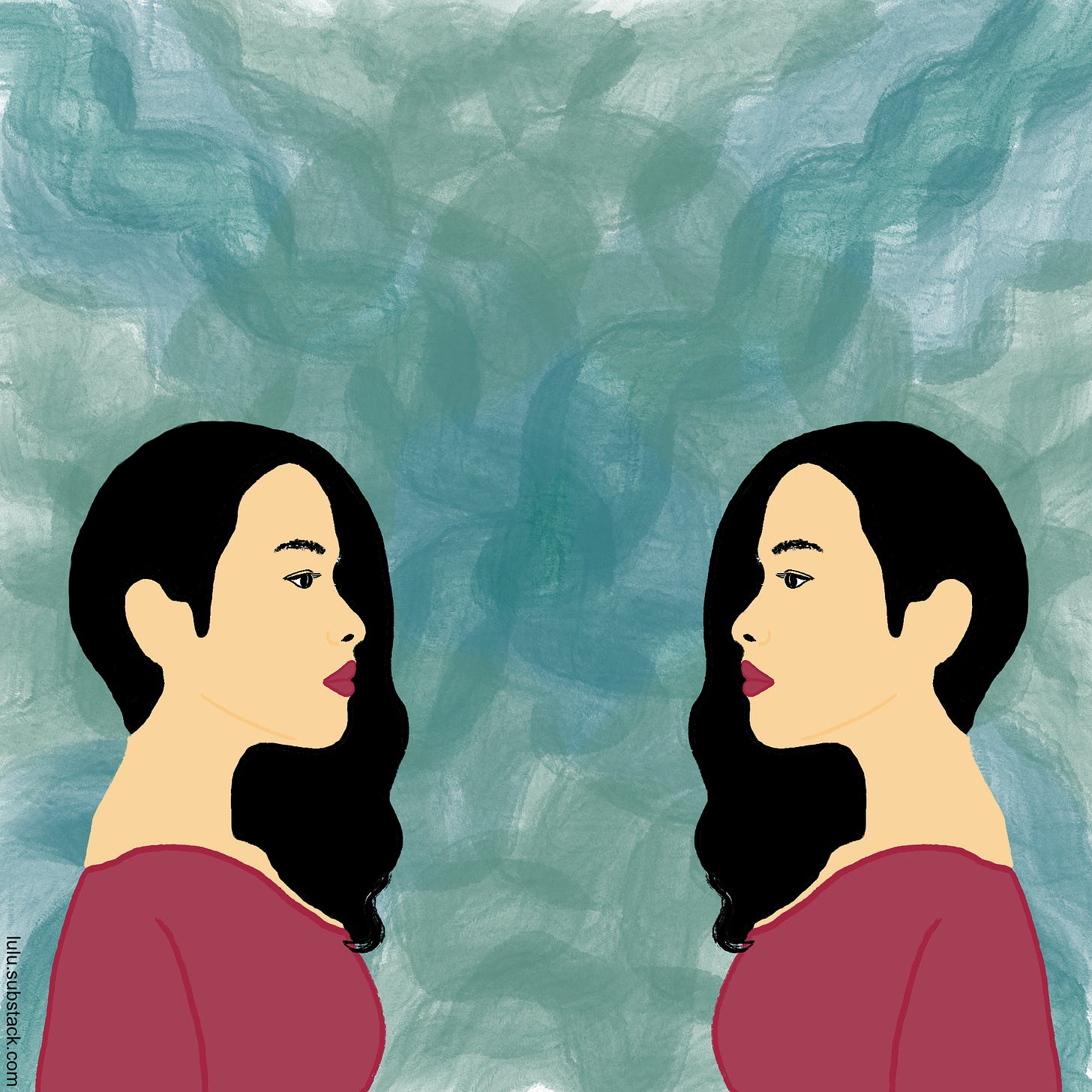what to do when you hear your inner critic
most of us have encountered an inner critic voice at one point or another (consider yourself very lucky if you haven’t!) they’re the automatic thoughts that can feel like a ticker tape in our heads. for example:
you’re not qualified to take that on
does the world really need another _____?
remember what happened the last time you put yourself out there?
i can’t believe you screwed up so badly
sometimes we come across an inner critic voice that’s particularly loud, insistent, or recurring. in these situations our instinct might be to try to ignore the voice, repress it, or fight it.
the next time this happens, i invite you to try something else: have a conversation with the voice.
when you notice the thought and/or accompanying feeling — whether it’s fear, anxiety, shame — take a moment to pause and acknowledge its presence. a simple “oh, hi there!” can be quite disarming if this voice isn’t used to being heard.
get curious and ask the voice questions like:
what’s important to you?
what do you want for me?
what are you trying to tell me?
how are you trying to help or protect me?
and then just listen, with empathy and compassion, to what comes back. a little patience doesn’t hurt either, as there’s often layers that will peel back if you give it time. maybe the voice is trying to save you from getting in over your head. or it remembers the heartache you endured the last time you told someone how you felt, and it doesn’t want to see you go through that pain again.
when you sense the voice is done sharing, acknowledge its concerns: “i can see why you feel the way you do. thank you for looking out for me.”
the simple act of acknowledging and making the inner critic voice feel heard goes a long way towards calming it. and remember that doing so doesn’t mean that you agree with it or that you’ll do what it wants. rather, it’s about being able to choose your next step with more peace and conviction.
talking with our inner critic voice in this way also creates space between it and us. it helps us see that this voice, while a part of us, is not all of us. and it starts to shift how we view the voice: from a thing in the way to a partner on the same team. people are often surprised by how much appreciation and gratitude they feel towards these parts of themselves afterwards.
if you give this a try, i’d love to hear how it goes for you!



